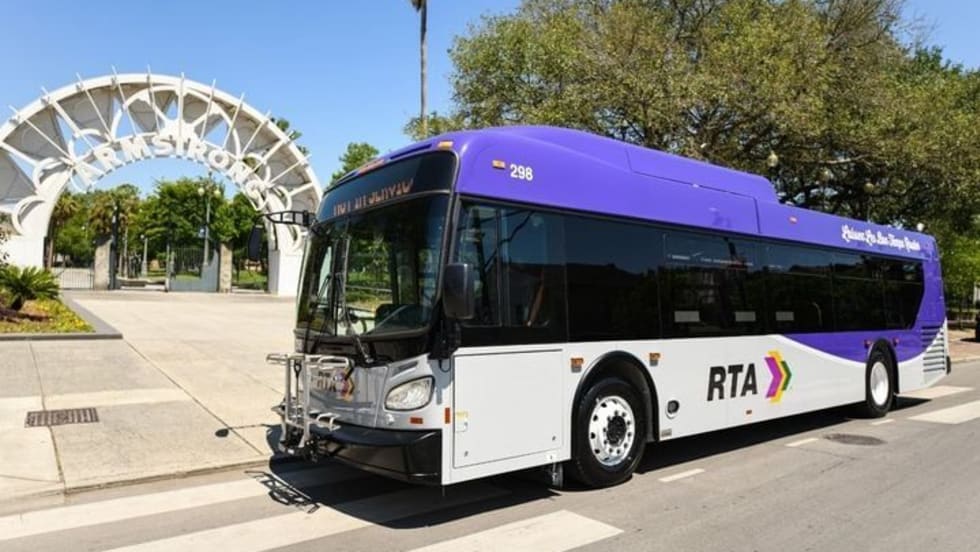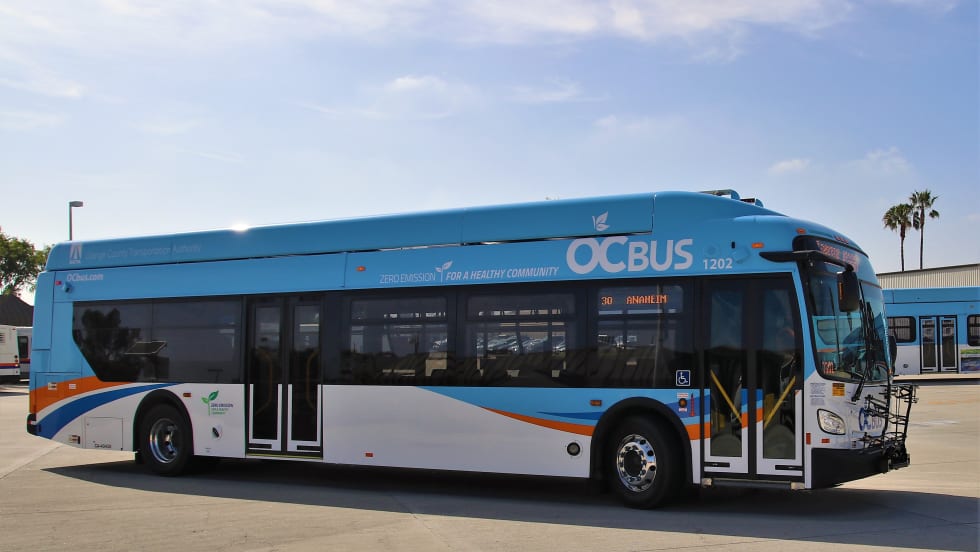The Metropolitan Transportation Authority (MTA) Board approved the 2023 budget and four-year financial plan.
The financial plan contains a roadmap for the MTA’s longer-term fiscal stability, safeguards essential services, enhances transit equity, and provides a sustainable foundation for the region's economic growth, according to the agency's news release.
“I’ve been talking about the financial crisis facing the MTA for many months,” said Janno Lieber, MTA CEO. “The MTA’s plan balances the budget, while also preserving flexibility as to how we get there — with the help and financial support of Washington, Albany, and City Hall. Mass transit for New Yorkers is like air and water — we need it to survive. By working with all stakeholders, we must find creative ways to stabilize the MTA’s finances, while supporting the region’s recovery.”
The plan proposed in November followed recommendations put forward in the July financial plan, which outlined actions from the MTA to decrease its structural deficit from $2.6 billion to $600 million in 2023 and from almost $3 billion in 2024 and 2025 down to $1.2 billion.
Starting in 2023, the MTA said it is working to implement operating efficiencies yielding $100 million in savings in 2023 and rising to $416 million in savings by 2026.
The budget assumes the restoration of recurring biannual fare and toll increases, with 5.5% assumed in 2023. A board/staff fare and toll strategies working group will develop plans for fare and toll changes before the MTA Board takes additional action, according to the agency.
In addition, the proposed budget also assumes $600 million in additional dedicated funding in 2023 and projects a need of $1.2 billion per year in recurring new revenue beginning in 2024.
“The ridership trends that have emerged post-COVID have created a fiscal cliff higher and earlier than previously anticipated,” said Kevin Willens, MTA CFO. “The much-needed federal aid the MTA received from three COVID-relief packages has enabled a reduction in deficits in the immediate future. However, beginning in 2023, we need new dedicated revenue streams to ensure that essential transit service remains at the levels riders expect.”














